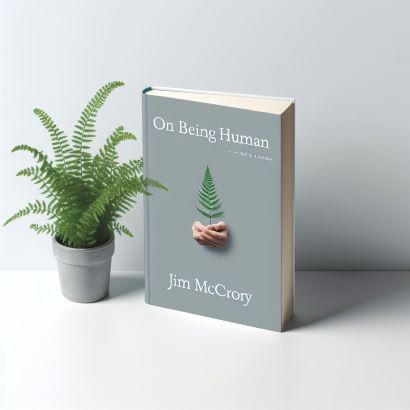
A Compass Beyond Ourselves
People have long argued about where morality comes from. Is it something societies invent to keep order, or is it written into life itself by a higher power? While philosophers debate, the answer often shows itself in the ordinary moments of our lives.
Think of how deeply we care about fairness. It runs through most stories. In David Copperfield, Dickens closes with love, justice, and redemption: David marries Agnes, who embodies quiet devotion; Uriah Heep is exposed; Steerforth perishes at sea; and others find new beginnings. Such endings echo our instinct that wrongs must be set right.
In To Kill a Mockingbird, the resolution comes after Bob Ewell attacks Scout and Jem, and Boo Radley saves them by killing Ewell. The conflict between good and evil in Maycomb ends with Boo stepping out of the shadows, proving himself to be the protector the children once feared. Scout finally meets him and walks him home, standing on his porch and seeing the world from his perspective, fulfilling Atticus’s lesson that true understanding comes from “climbing into another person’s skin and walking around in it.” Justice arrives in an unexpected form; Scout gains maturity and empathy; and Boo Radley’s humanity is quietly honoured.
This same instinct for fairness surfaces in everyday life. When someone cuts in line, we bristle with frustration. Why? Because deep down we believe there is a right order to things. That sense of justice crosses cultures and generations. On a larger scale, it drives people across the world to rise against corruption, violence, and discrimination. No single nation or culture owns this cry for justice—it runs through all of humanity.
For those who believe in God, this shared moral conscience points to more than human opinion. It suggests a moral lawgiver, a divine source who has written into our hearts not only the ability to recognize injustice but also the desire to resist it. William Wilberforce wrote, "You may choose to look the other way but you can never say again that you did not know." Alexander Solzhenitsyn wrote, "The line dividing good and evil cuts through the heart of every human being. And who is willing to destroy a piece of his own heart?"
If morality were merely a matter of taste or custom, there would be little agreement. Yet across time and place, people continue to wrestle with the same questions of right and wrong, good and evil. The core remains steady, even when traditions shift.
This tells us morality is not an invention, but a truth built into our being. It is both universal and eternal. Whether in the irritation of a queue-jumper or in the global demand for justice, the same message comes through: we are made for fairness. And in that longing, we glimpse something beyond ourselves; a compass pointing us toward the eternal.
“They show that the requirements of the law are written on their hearts,
their consciences also bearing witness.”
Romans 2:15
Image generated by Copilot


